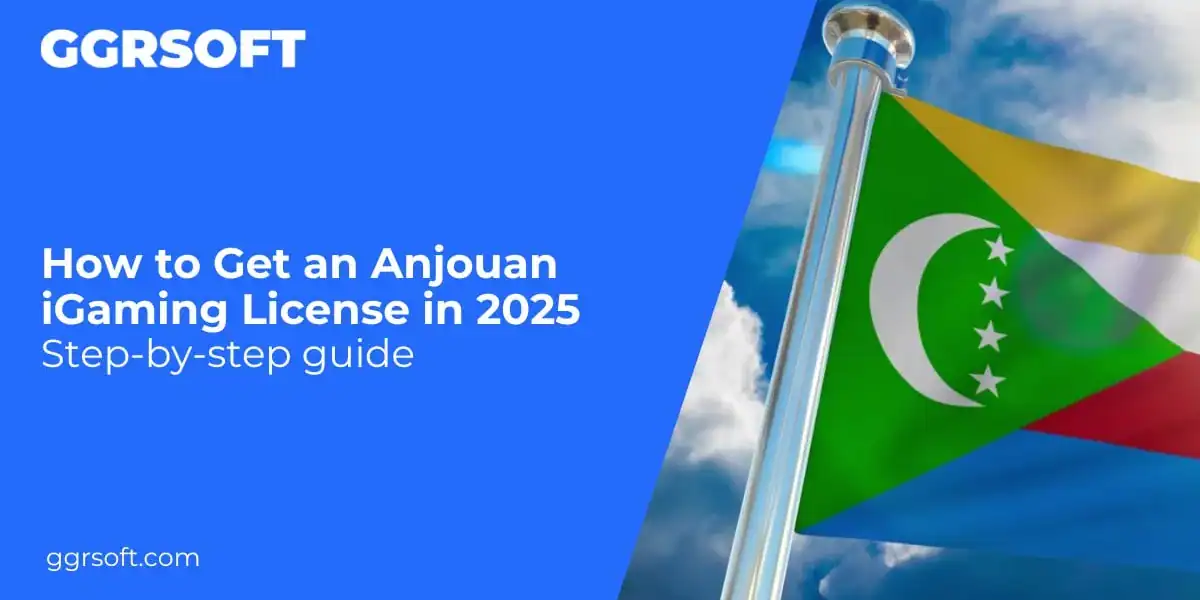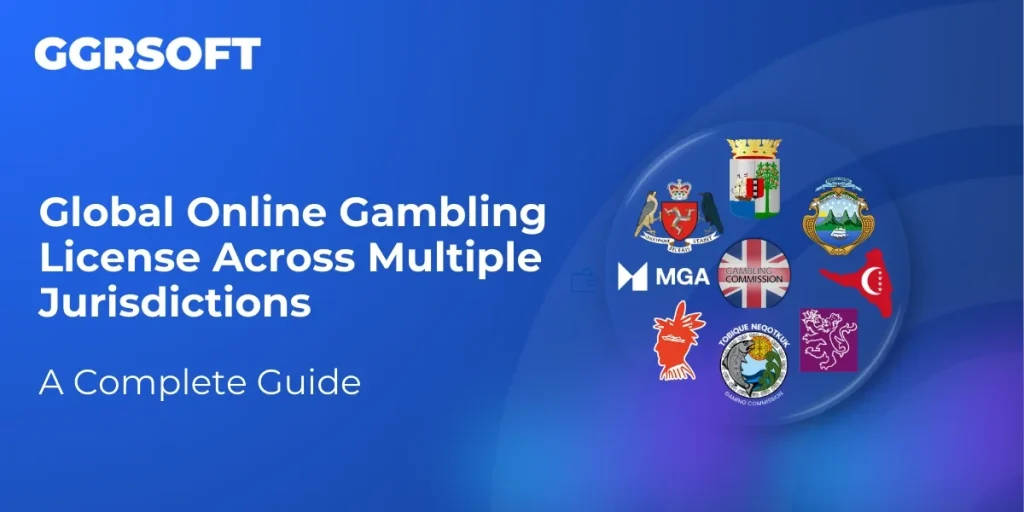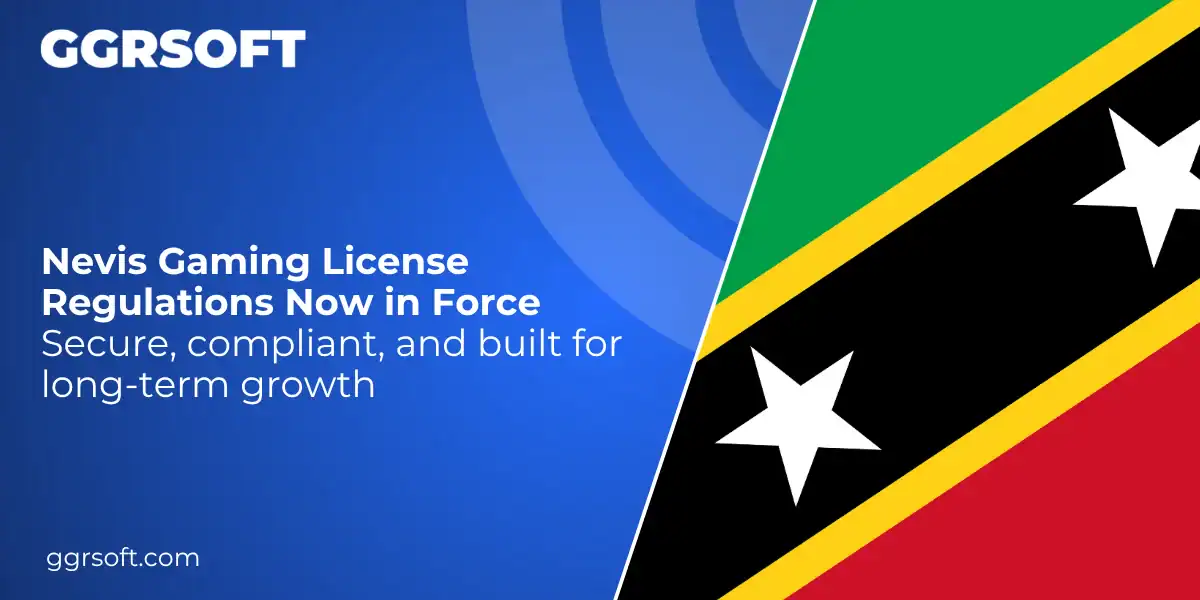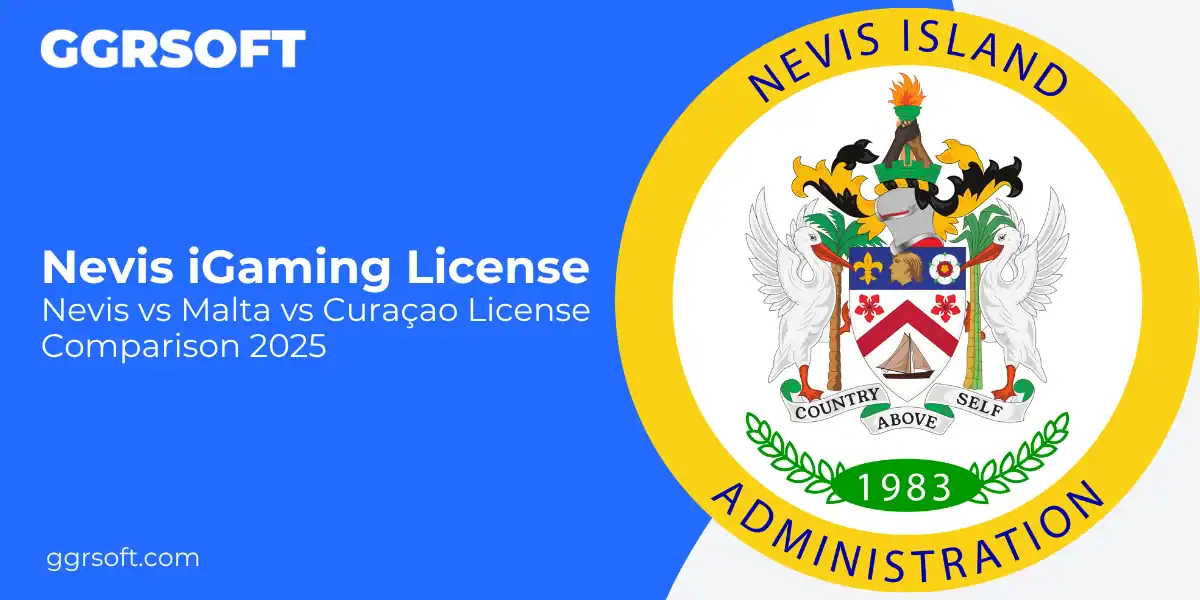
How to get an Anjouan iGaming license in 2025. Learn about costs, steps, and updates in this quick and practical guide.

Securing an online gambling license in multiple jurisdictions is a strategic move for operators looking to expand globally. It requires navigating various regulatory landscapes, maintaining compliance, and building an efficient operational structure. Here’s a comprehensive guide to help iGaming businesses manage licensing across several regions effectively.
Obtaining licenses in multiple jurisdictions offers several benefits:
Operating legally across borders also reduces the impact of sudden law changes in one country. Popular jurisdictions include Malta Gaming Authority (EU-friendly, well-regarded) and the UK Gambling Commission (highly respected for UK operations).
When targeting regions for expansion, assess:
Operators pursuing an online gambling license in multiple jurisdictions should prioritize both opportunity and feasibility.
Each region has its own licensing process. Key elements include:
A strong compliance infrastructure is essential:
Tech tools make managing multiple licenses easier:
Local professionals provide vital insights:
Regular updates are crucial when operating under multiple licenses:
Manage the risks of having a broad licensing portfolio:
Operating in multiple jurisdictions involves layered expenses:
Managing an online gambling license in multiple jurisdictions requires balancing costs, compliance, and market access. Here’s how leading operators structure their licensing portfolios:
Example: Betsson Group
Example: Entain (formerly GVC Holdings)
Example: DraftKings
Example: BetWarrior
Example: 1xBet
Licensing Portfolio:
Why This Combination Works:
Key Lessons from EveryMatrix:
Expanding through multi-jurisdictional online gambling licenses requires careful planning, local expertise, and a strong compliance backbone. Operators who succeed in this area gain a competitive edge through broader market access and long-term sustainability. For more detailed insights on specific licensing options and requirements, check out our guide on online gambling licenses.
A multi-jurisdiction online gambling license refers to holding legal permissions from multiple regulatory authorities across different countries or regions. This allows an operator to legally offer online casino or betting services in several markets simultaneously.
Obtaining licenses in multiple jurisdictions enables operators to:
Popular jurisdictions include:
Each has its own benefits depending on the operator's goals.
Costs vary greatly but typically include:
Generally, no — most licenses are region-specific. However, some (like a Malta Gaming License) can provide access to the wider EU market under certain conditions. Still, it's common for global operators to hold several licenses to remain fully compliant.
It depends on the jurisdiction:
Timelines also depend on your documentation, background checks, and company structure.


How to get an Anjouan iGaming license in 2025. Learn about costs, steps, and updates in this quick and practical guide.

Nevis gaming license regulations are active, offering global operators a transparent and competitive regulatory environment.

Nevis igaming license 2025: Why operators choose it over Malta/Curaçao. 0% tax, crypto-friendly & fastest Caribbean approval.
Let’s Connect
